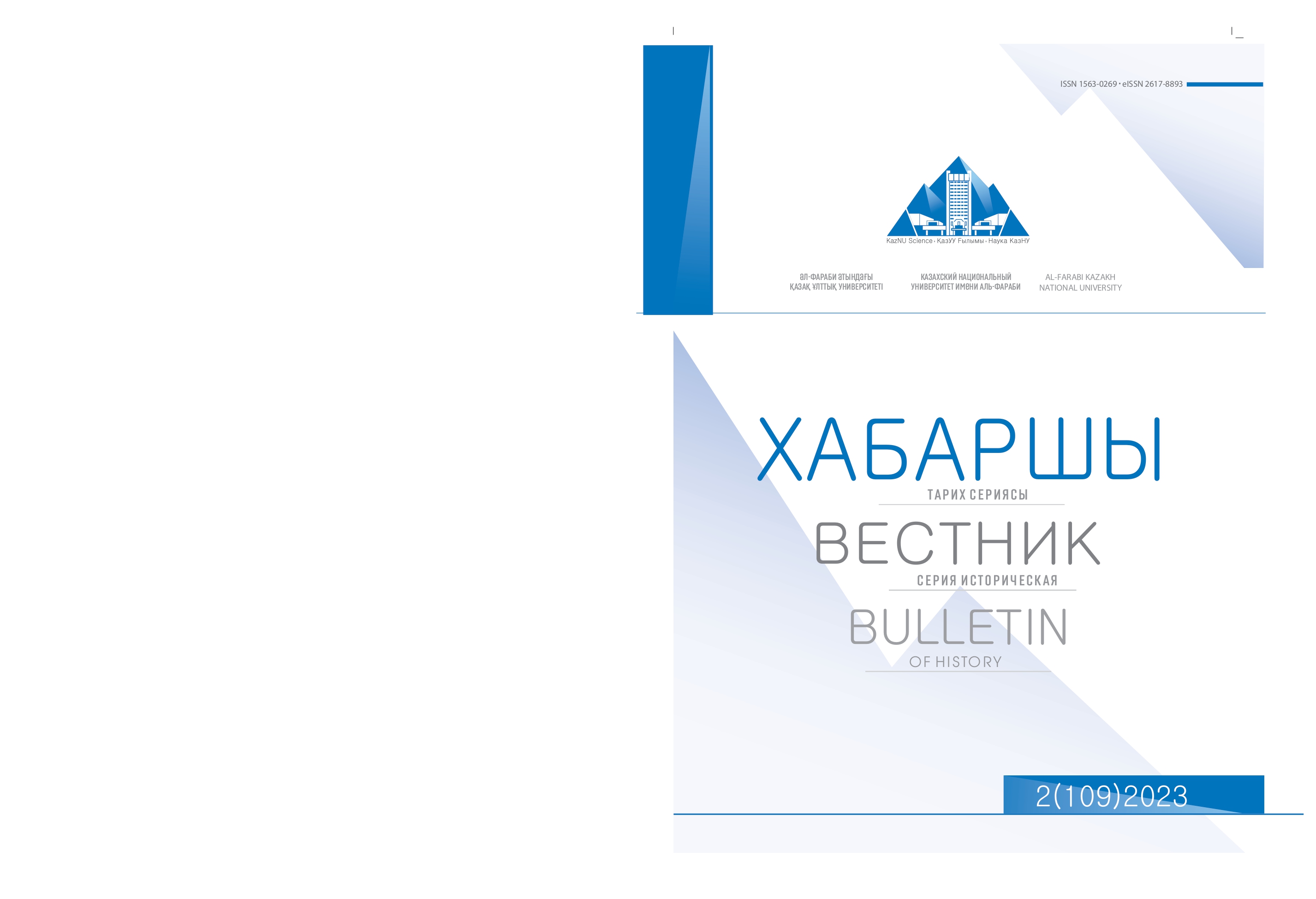The critical to the 2030 sustainable development goals and safeguarding of the intangible cultural heritage
DOI:
https://doi.org/10.26577/JH.2023.v109.i2.010Abstract
This text, which foresees a paradigmatic shift in development strategies, has come onto the agenda of many different institutions. Although the concept of culture is weak within the development texts, for the first time, cultural studies have also been taken onto this agenda as the subject of interest. Therefore, it is significant to evaluate all actors in a manner interrelated with each other and to identify the gaps in the big picture with this integrative approach. Initially, this article discusses the historical background of the sustainable development issue and then critically evaluates the relationship with UNESCO's Convention for the Safeguarding of the Intangible Cultural Heritage, which has established a substantial theoretical basis for the safeguarding-centered theories of UNESCO’s sustainable development strategies. Primarily, this article has studied the relationship within the historical development of sustainable development with the concept of cultural heritage, followed by the United Nations 2030 Sustainable Development Goals (SDG’s) and intangible cultural heritage relations. Accordingly, the connection between sustainable development goals and the concept of cultural heritage has been questioned and subsequently, the relationship between the 2030 Agenda for Sustainable Development Goals of the United Nations and intangible cultural heritage has been discussed. The link between the goals, such as goal 4 (quality education for all) and goal 11 (sustainable cities and communities) and the fields of top priority and intangible cultural heritage have been examined with examples by considering ethical principles. Firstly, the adaptation process of the Convention with the sustainable development goals has been interpreted. On the other hand, the sustainable development goals have been evaluated together with the Convention’s focus on ethical principles and participation. At first glance, even though no title directly linked to culture is observed among the 17 sustainable development goals, it is evident that culture is at the heart of the goals.
Key words: Convention for the Safeguarding of the Intangible Cultural Heritage, Sustainable development, ethical principles












